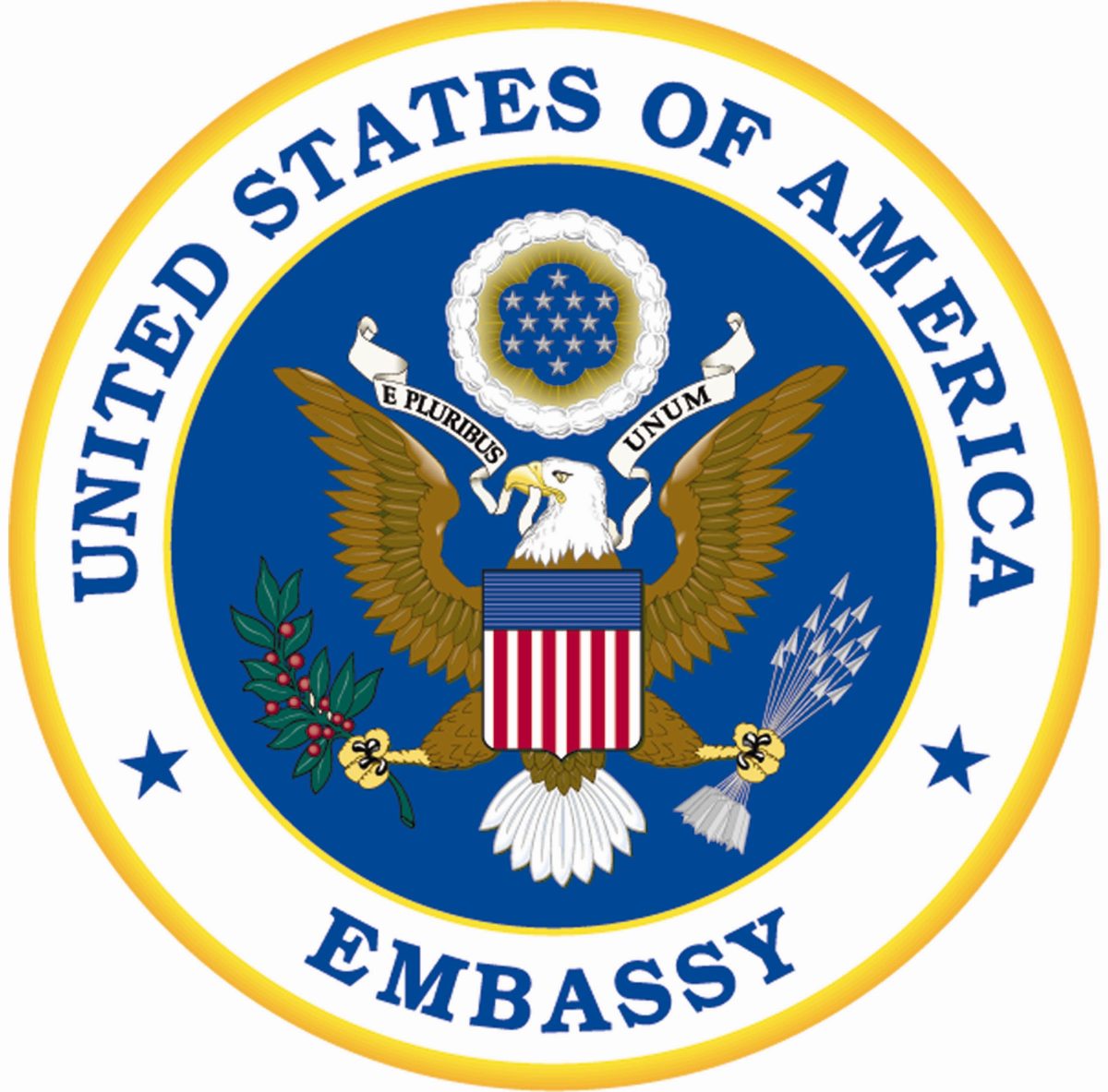Embassy of the United
States of America
100 Duke & Young Streets, Kingston, Georgetown, Guyana
Installment 22-4
1. I just need to go through (transit) the U.S. to get to another country. I don’t even plan to leave the airport. Do I need a visa?
Yes. Once you are transiting the United States en route to another destination you will require a valid U.S. visa, unless you qualify for visa free travel under the Visa Waiver Program. Even if you only intend to be present in the U.S. for a few hours and do not plan to leave the airport, you still need a visa. Such individuals may apply for either a B-1/B-2 tourist visa or a C-1 transit visa, depending on the nature of their travel.
2. What is a transit visa?
A transit visa is issued to foreigners proceeding in immediate and continuous transit through the United States en route to a foreign destination and will only be issued when an officer is satisfied that the transit journey will not be interrupted. In issuing the visa, the consular officer must be satisfied that the principal purpose of the trip is to transit the U.S. and the applicant will still be required to show strong and significant ties to their home country of residence.
3. Since I must stop in the U.S., can I take a mini vacation with my C-1 transit visa?
The C-1 visa is meant for immediate and continuous transit which means a reasonably expeditious departure from the U.S. and assumes a prearranged itinerary without any unreasonable layover privileges. If the traveler seeks layover privileges for purposes other than for transit through the United States, such as to visit friends or engage in sightseeing, the traveler will have to qualify for the type of visa required for that purpose.
4. My connecting flight to my final destination leaves the U.S. more than 24 hours after I arrive. Do I need to stay at the airport?
Transiting foreigners are not required to remain in the transit lounge at the airport. If a traveler’s connecting flight to their final destination is not for a few hours, they are free to sightsee and stay in a hotel or with family/friends as long as they continue their journey within the authorized period of stay. Remember that connecting flights should be booked to ensure a reasonably expeditious departure from the U.S and not to facilitate layover/vacation privileges.
5. Can I apply for a B-1/B-2 tourist visa and use it to transit the U.S.?
Travelers who have a valid B1/B2 may transit the United States on that visa. A C-1 transit visa is not required. If you are already in possession of a tourist visa, you may use this visa both to visit the U.S. and for onward travel. Applicants without visas, whose sole purpose of coming to the United States is for transit, should apply for the C-1 transit visa.
6. How do I apply for a C-1 transit visa?
The process of applying for a transit visa is the same as applying for a B-1/B-2 tourist visa. See our application instructions at https://gy.usembassy.gov/visas/ nonimmigrant-visas/. On the day of the visa interview, it may be helpful to bring documentation pertaining to the purpose of your travel and final destination. For example, if attending a conference, please bring a copy of your registration for the conference. If possible, applicants transiting through the U.S. may wish to obtain the destination country’s visa (if required) prior to applying for the U.S. transit visa.
7. I am a contractor working in Guyana and the easiest way to return to my home country is through the U.S. Can I apply in Guyana for a transit visa?
Yes. Third-country nationals, such as persons working in the oil sector, may apply for transit visas in Guyana to facilitate their travel through the U.S to their home country. We encourage such individuals to apply early as wait times for appointments are still extended and we are unable to expedite appointments for the sole purpose of a traveler’s return trip home. Only in extreme emergencies can an appointment be expedited.
***
“Ask the Consul” is a monthly column from the U.S. Embassy answering questions about U.S. immigration law and visa issues. Detailed information about visas and travel can be viewed at https://gy. usembassy.gov/, https://ais.usvisa-info.com/ and https://travel.state.gov/. Applicants are strongly encouraged to prepare their own documents and avoid third-party advice. U.S. Consular rules change frequently, and non-US government advisors often provide inadequate or inaccurate information. Please contact our Visa Information Service Center on toll free numbers: 1-877-246-6788 or 703-988-5765 if you have general visa questions.”
In this edition of our Ask-the-Consul, we will answer some common
questions about visas for transiting/ traveling through the United States.









